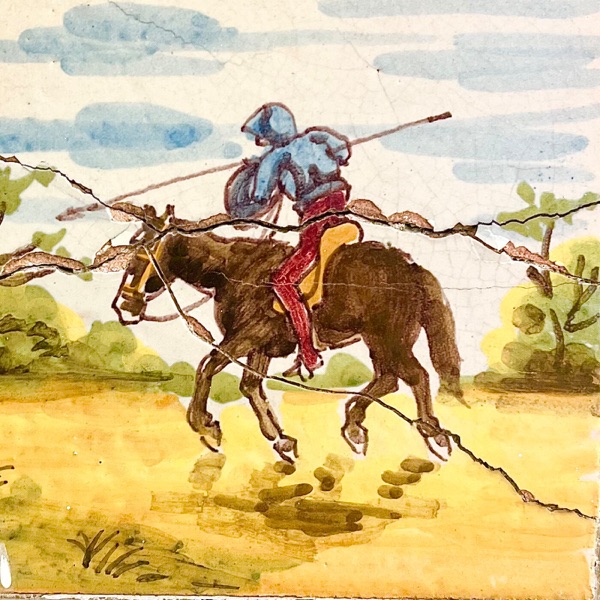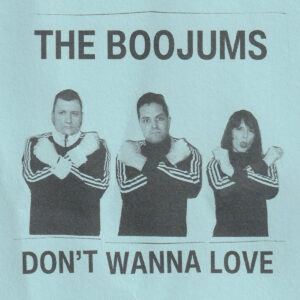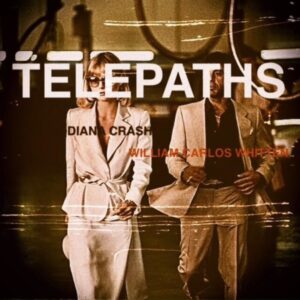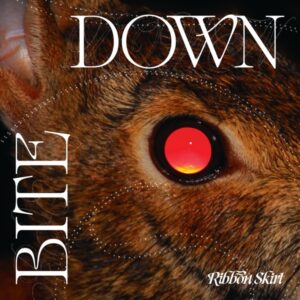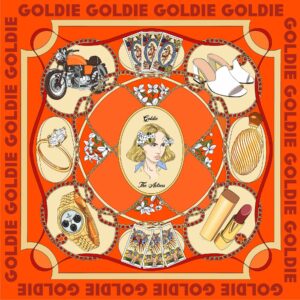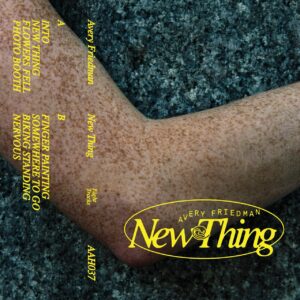I didn’t plan to write about this record. It’s only been a couple of weeks since I wrote about Truman Sinclair the first time. Too bad: my house my rules, plus this record is brilliant. There’s enough here to justify another piece. Sinclair writes and sings like a man much older than he is, and many of these songs are brilliant. Opener “Chicago Flood” was one of the singles in the leadup to the record, and it sets the tone here: American Recordings is a record rooted in a different era than we live in, a protest record, a call back to classic voices from long ago.
The first time around my main reference points for Sinclair’s music were Conor Oberst and Adam Duritz. You can hear that clearly on “Bloodline”, above. But Sinclair goes much deeper and broader and folk-ier than that on this record. I hear all kinds of classic influences here, from Mellencamp and Tom Petty to Woody Guthrie and Bob Dylan. It sounds like deep cuts from my dad’s record collection.
It’s not just a musical reference though: the melodies are simple and memorable, but what makes this record stand out is the lyrics. Sinclair not only draws inspiration from Johnny Cash’s outlaws (in “Chicago Flood”, “Joel Roberts” and “Frank”), he references Woody Guthrie in the climate change protest song “Black Train”:
This interview in 20 Watts magazine gives some context to the essential American sound on this record:
While emo music gave Sinclair the language to scream his frustrations, folk gave him the patience to sit with them. It may have been easier to write a downcast, bitter album about politics, but Sinclair wanted “American Recordings” to focus on the brighter parts of the country.
“There are things about [America] that I love and there are things about it that I really don’t love. What I wanted to do was make one thing to be like, that’s the America I’m talking about when I say ‘God bless the U.S.’ You know what I mean?”
One of the reference points from the first time I heard Truman Sinclair was Walter the Producer, and the similarities are greater than I thought. In this interview with music blog Real Goblin, he talks about how the record is a bit of a portfolio piece to earn trust from other artists:
I always wanted to be a music producer. I can understand how somebody wouldn’t trust you to produce their record unless they’ve heard something that you’ve made that they like. So I was like, okay, I’m going to make my debut album. I’m gonna go super hard and do this side project so I can like express a side of myself and use it as like a resume. And then through doing that, it just has blossomed into this whole other thing. I’ve always been a songwriter, so I knew I loved that…But like it was sort of by accident, like one step at a time is what it feels like.
A while ago I was playing Rumiations in the car, and my teenager had incorrect opinions about the harmonica. I talked about how in my view it’s a symbol of despair and loneliness. After they got hooked on Joel Roberts, the aha moment came. This performance of the song is even better than what’s on the record:
American Recordings has been on almost constantly since its release last Friday (Feb 14). I hope it gets a vinyl release: it’s the kind of record that I want my kid to think of me when they hear. In my house this record is an instant classic.
Further Reading
Realgoblin review if only for this:

